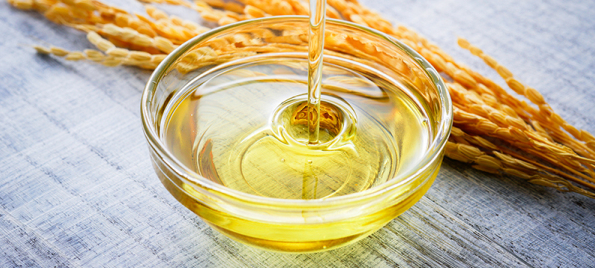Rancidity of fats and oils refers to the production of unpleasant odors, bitterness and astringency and some toxic compounds due to the effects of oxygen, light, microorganisms and enzymes in the air during the processing and storage of edible fats and oils.
The rancidity of oil will not only change the flavor of the oil and affect the nutritional value of edible oil, but also have a necessary impact on human health.

The main hazards of fat rancidity are:
1. Oil rancidity will affect the quality of edible oil.
The fat has a strong unpleasant smell after rancidity. The free fatty acids produced by the hydrolysis of fats and oils can produce unpleasant odors, thereby affecting the sensory quality of edible oils.
2. The nutritional value of rancid oil is greatly reduced.
In the process of fat rancidity, the vitamins A, D, and E contained in the edible oil are initially oxidized, and the intake of rancid fat will destroy the B vitamins in other foods at the same time. Therefore, long-term consumption of spoiled fats can cause fat solubility. Deficiency of vitamins and riboflavin. At the same time, in the process of oil rancidity, the essential fatty acids contained in the human body, such as linoleic acid and linolenic acid, are also destroyed. Therefore, long-term consumption of rancid oils can cause the human body to lack essential fatty acids and cause a series of symptoms.
3. Toxic effects of rancid oils.
Due to different types of fats, heating methods, rancidity process or the influence of other ingredients in edible oil, the types and quantities of toxic ingredients are also different.
If you want to know the edible oil processing technology, please feel free to contact us.
Copyright © Henan Zhongxing Grain And Oil Machinery Co.,Ltd. All Rights Reserved. Powered by MetInfo